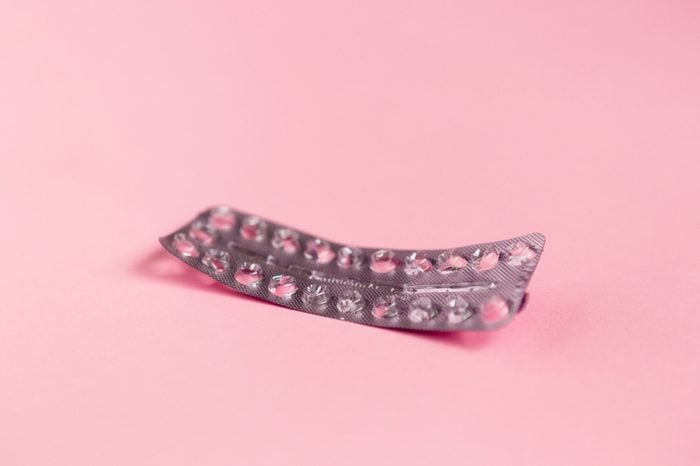
Make sure it’s your decision
“Coming off birth control is a big life change for women,” says Sarah Yamaguchi, MD, an OB-GYN at Good Samaritan Hospital in Los Angeles, California. Some women go off birth control because they don’t like the side effects or they’re trying to get pregnant. If it’s the side effects influencing your decision, there is usually another contraceptive option that will work for you—just ask your doctor, says Dr. Yamaguchi.
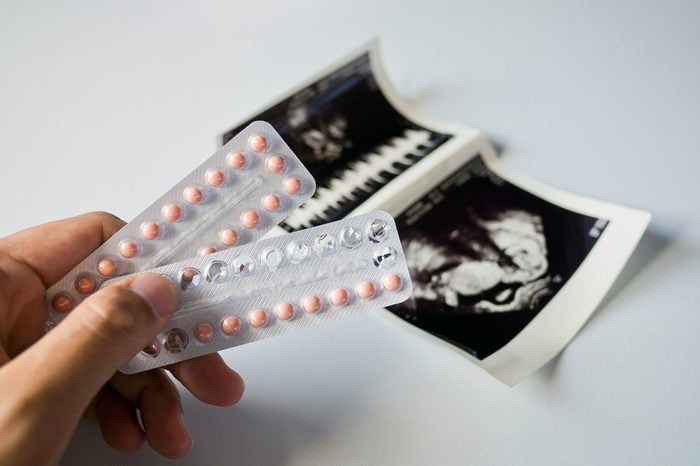
Your body doesn’t “need a break”
“The best reason to go off your current birth control method is in hopes of getting pregnant,” says Sherry Ross, MD, an ob-gyn in Santa Monica, California. “I know some women like to go off their current birth control method to ‘give their body a break.’ It’s a medical myth that you need to go off the pill to give your body a break.”
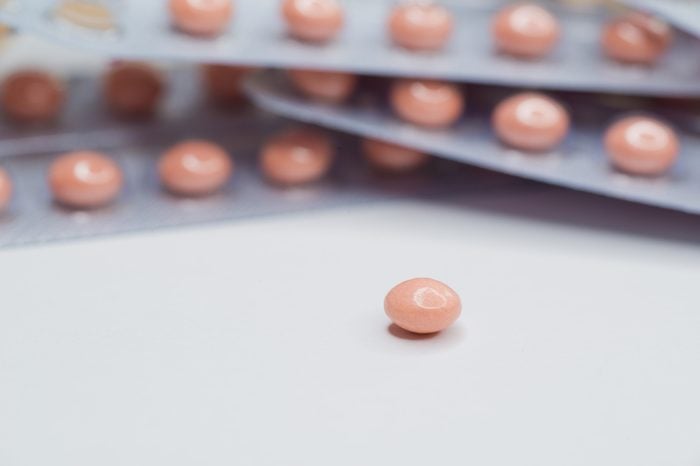
You don’t want to quit mid-pack
“I recommend not stopping the pill in the middle of a pack, but finishing the current pack,” Dr. Ross says. This can keep from drastically dropping your hormone levels unnecessarily, which could lead to mood swings, headaches, and breakouts. There is no prep needed before going off the pill other than taking the pill every day as prescribed until the pack runs out, according to Dr. Ross. The pill contains hormones that normally allow for a period, and that’s the time to end it.
(Learn why women are ditching the pill for FemTech.)
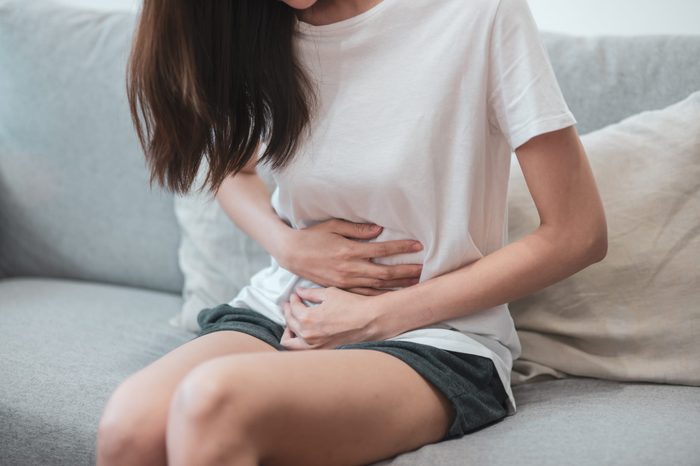
You may be in for a rude awakening
“I recommend trying to remember how you felt before you started on birth control so you will be prepared for what to expect,” Dr. Yamaguchi says. For women who’ve only been on the pill for a few months or a year, it’s easy to remember what their cycles were like—with cramps and cravings, for example. “A lot of my patients get more discomfort with ovulation and heavier menses as they get older, so if it’s been 10 years of their being on the pill, they can be surprised at how bad their symptoms can be when they are naturally cycling,” Dr. Yamaguchi says.
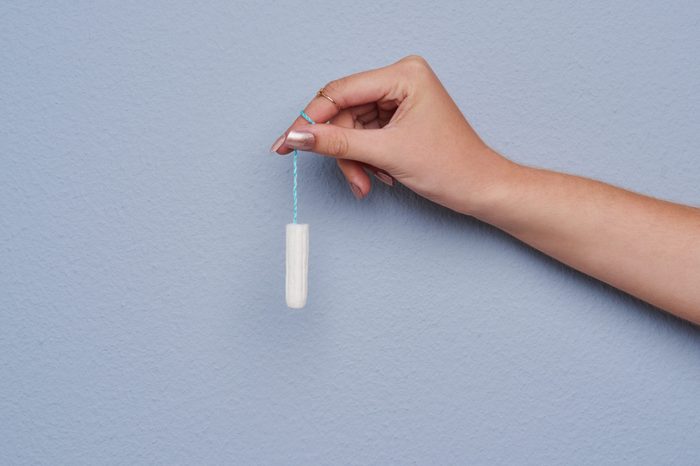
You may bleed more—or less
The most common side effect of going off the pill is a heavier period, but that’s not the fault of the pill. “Birth control pills help make your period more predictable and also lighter,” Dr. Yamaguchi says. “It’s a common misconception that stopping birth control pills triggers heavier, more painful periods—it’s just that your body has been getting treated for these symptoms but you didn’t know.” Stopping any form of hormonal birth control, including the Nuva Ring, the Patch, or a hormonal IUD, such as Mirena, will likely also cause heavier bleeding. With the removal of the copper IUD, however, which doesn’t have hormones, you will likely return to a lighter period, as the copper IUD tends to cause heavier bleeding. Stopping the use of the implants Nexplanon or Implanon may cause your menses to return to normal if they changed when you started birth control. (Here’s what else you need to know about IUDs.)
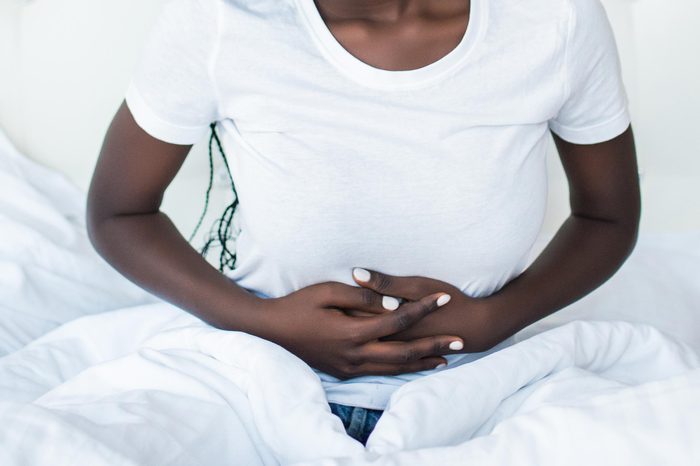
You could get ovulation pain
If you suffered from PMS, cramps, or painful twinges during ovulation, expect that those will come back if you’ve been on the pill or another form of hormonal birth control. “It is also common to get more cramps when you’re off the pill,” Dr. Yamaguchi says. “Some women will experience more PMS symptoms or more symptoms of ovulation.” Try these novel treatments for period pain relief—no ibuprofen needed. (Here are the best exercises to ease period pain.)
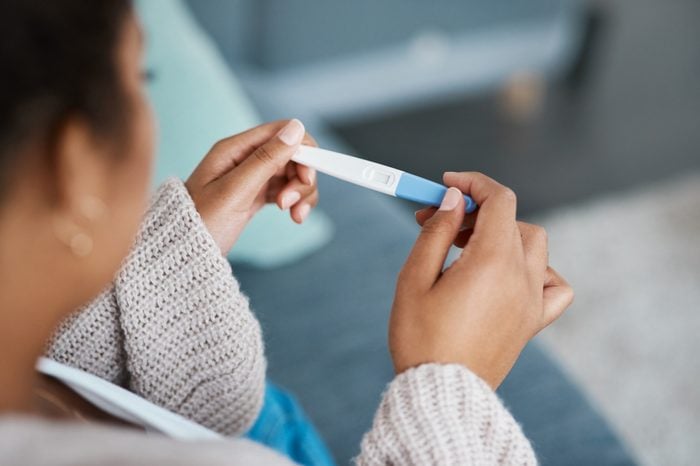
You could get pregnant immediately
Some women assume they’re protected for a period of time after going off the pill or having an IUD removed, but don’t fool yourself. Dr. Yamaguchi warns her patients that there is very little “washout” period, so they should definitely use some method of birth control if they’re not looking to start a family. The moment you stop using birth control, you can get pregnant, so plan accordingly.
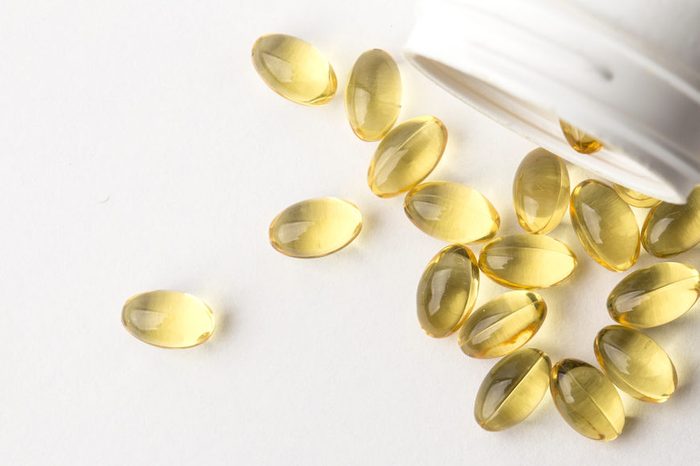
You might need more vitamin D
A 2016 study from the National Institutes of Health published in the Journal of Clinical Endocrinology & Metabolism links pill use with higher levels of vitamin D. “Women taking oral contraception have higher levels of vitamin D compared to women not taking the pill,” Dr. Ross explains. “There is a positive association between women taking the birth control pill and having higher levels of vitamin D, which is important in your overall health and well-being.” Dr. Yamaguchi recommends making sure that if you’re aiming to conceive, that you choose a prenatal vitamin that contains vitamin D. The news could also have implications for postmenopausal women who are at greater risk for osteoporosis, as estrogen and low vitamin D can both contribute to bone loss.
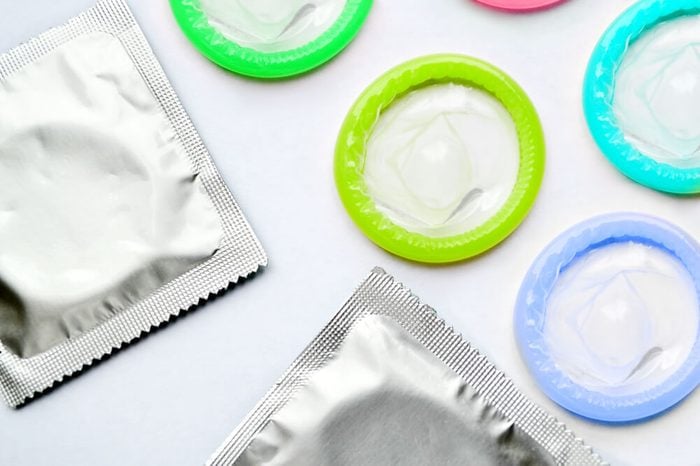
Even stopping condoms has an impact
“If you are stopping condoms, you may experience more vaginal infections, as semen can cause changes in the vaginal flora and raise your risk of either yeast infections or bacterial vaginitis,” Dr. Yamaguchi says. “If you are stopping the diaphragm, however, there is not much change.” (Psst: Learn how you can get your birth control pills delivered right to your door with Canada’s new telehealth company.)

You might need a post-pill checkup
Dr. Yamaguchi recommends that you see your doctor if you have very heavy periods or severe cramping, if you don’t get your period in three months after stopping your birth control, or if anything else seems off. “The pill is the treatment for myriad problems in women, so many women don’t realize they have things like severe PMS, polycystic ovarian syndrome, dysmenorrhea, endometriosis, or mittelschmerz [pain associated with ovulation] until they come off the pill,” she says. “Some of these things are benign but can still cause a lot of stress and anxiety if you don’t know what they are.”
Medically reviewed by Tia Jackson-Bey, MD.
Next, learn why it’s time to review your birth control options.
